Book Clubs
“Stephanie Storey’s book club discussion added so much to our understanding of the artists and their lives. Her enthusiasm and knowledge of art history were so evident. We will be following her career and all of her books will be a ‘must read.’”
Sample Book Club Questions
Oil and Marble
When I first started talking about the book, readers were surprised that Michelangelo and Leonardo lived at the same time — was anyone at your book club surprised? Did everyone know they lived at the same time? Why DON’T we know this about these two most famous artists?
Has anyone in the book club seen the Mona Lisa and/or the David in person. Did reading Oil and Marble change your perspective on those works?
Who do you relate to more, Michelangelo or Leonardo, and why?
How did each artist affect the other in the novel? Do you think we would have Michelangelo without Leonardo and vice versa and why?
Our society/history, puts artists like Michelangelo and Leonardo up on a pedestal/out of reach… Oil and Marble tries to make them HUMAN. Discuss their human struggles and flaws and personalities in this novel and how that element of humanity in these artists improves your experience of their art.
What were the differences between Michelangelo and Leonardo’s relationships with their families — and specifically their fathers? How do you think those relationships impacted their lives and art?
These two artists create their art very differently — discuss their different creative processes and how their art is a product of their approach. How did their temperaments affect their process and their art?
Discuss the Author’s Note in the end about which parts of the book were based on the historical record and which parts were imagined. Did you like the balance or did things bother you (Insider tip here: I’ve had several people tell me they were HEARTBROKEN that the bird ring was imagined).
Mona Lisa’s smile… Was the “reason” given for her smile fulfilling and why or why not (I definitely only suggest discussing this one if everyone has read the book!)
What have Michelangelo and Leonardo taught you about creativity and success?
Raphael, Painter in Rome
Before you read the novel, how much did you know about the artist Raphael? Could you identify any of his works? After reading the novel, what are some of your favorite works of his?
Raphael is determined to paint beautiful and perfect pictures despite the ugly and imperfect aspects of his life and world. Why do you think Raphael clung so tightly to perfectionism instead of giving into his grief and fear?
Raphael was orphaned at age 11. How do you think this loss affected his art and his life?
This novel is written in first person, with Raphael telling his own story in a very modern, casual voice. What did you gain from this one-on-one, very personal telling or did you feel like you missed anything?
Even though the main two characters of this novel are men (Raphael and his primary antagonist, Michelangelo), several women figure prominently: Raphael’s muse Margherita Luti; the pope’s daughter Felice della Rovere; the infamous Imperia… why do you think Raphael featured women so prominently in his own story?
The story is very contained in the walls of the Vatican, just as Raphael’s life during this period was contained inside the Vatican. What did you learn about the papacy and the papal court that you didn’t otherwise know?
What was your favorite scene? My mother’s is the Carnevale celebration at Chigi’s palace. Mine is Raphael and Michelangelo up the scaffolding…
This question works for either book: do you think great artists like Raphael, Michelangelo, and Leonardo da Vinci achieved what they did primarily because of their talent or because of hard work?
If you also read Oil and Marble, how did your view of Michelangelo change between the two books?
From the time I was a kid, a imagined Raphael’s famous “putti” as a painting of Raphael and Michelangelo (I don’t know why I always felt that way, but that IS why I included that version in the novel). Did that re-envisioning of Raphael’s putti work for you or give you a new feeling about the relationship between Michelangelo and Raphael?
Mix-up your Book Club with an Author Visit!
Request an author visit
Reach out to schedule a VIRTUAL visit (Stephanie can no longer accommodate in-person Book Club appearances, unless you want to book her through her speaking agent).
“Everyone enjoyed being able to ask her their questions in person and see and hear her reaction. She made an already wonderful book even more memorable for us. We look forward to reading her next one!”






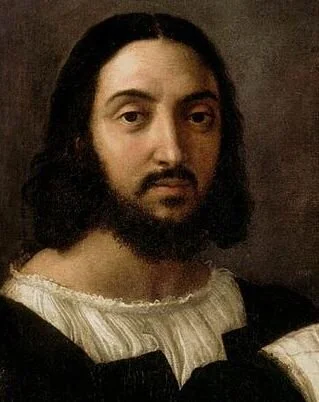




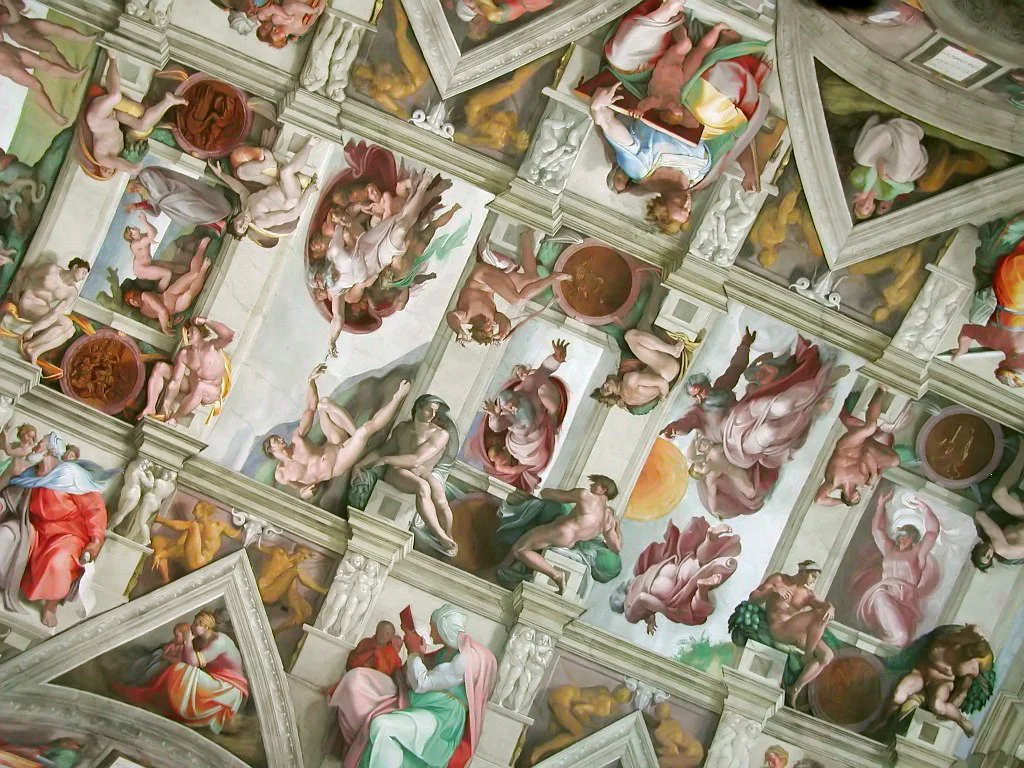

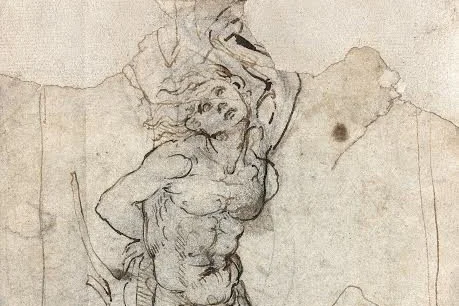
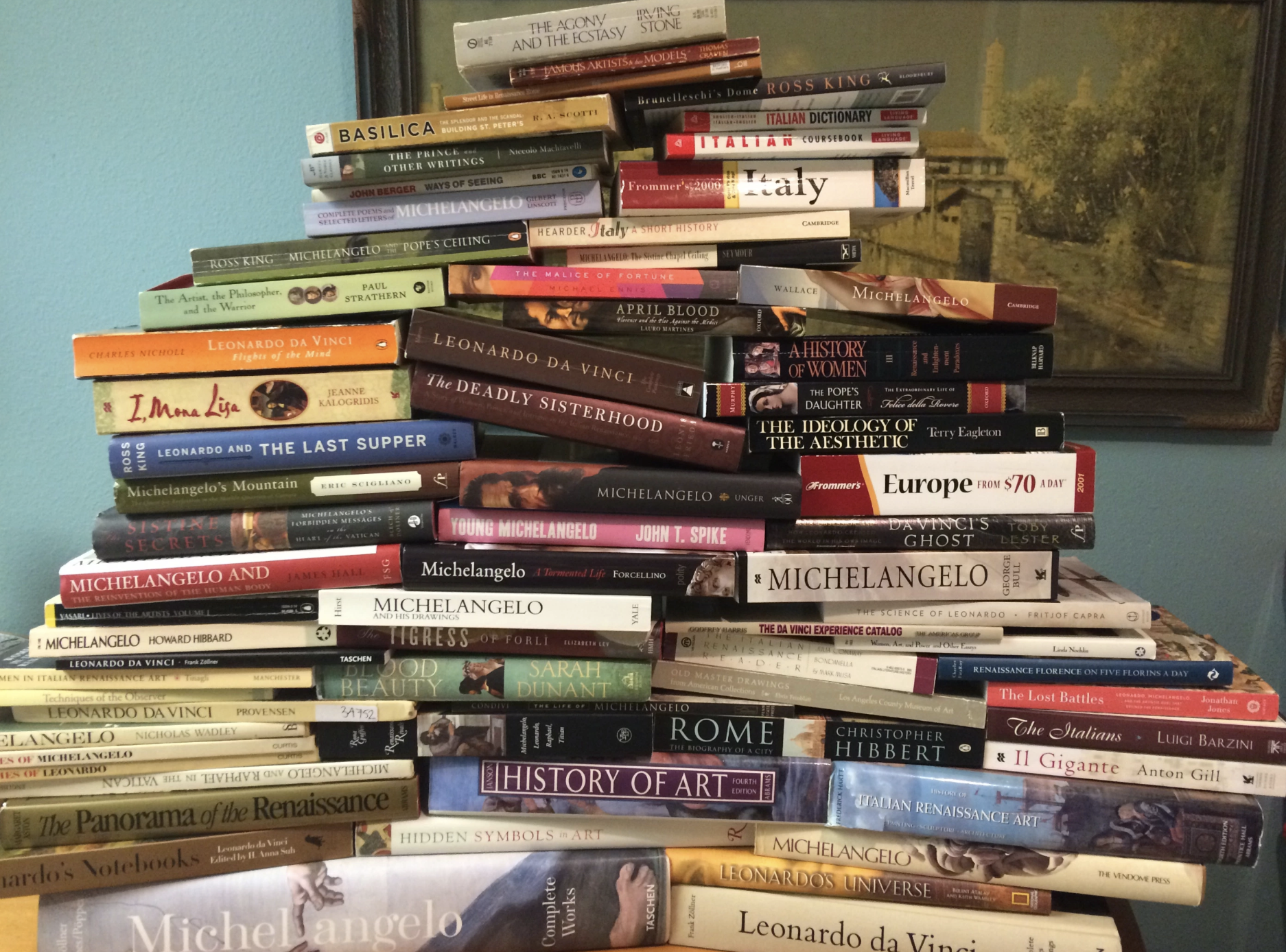


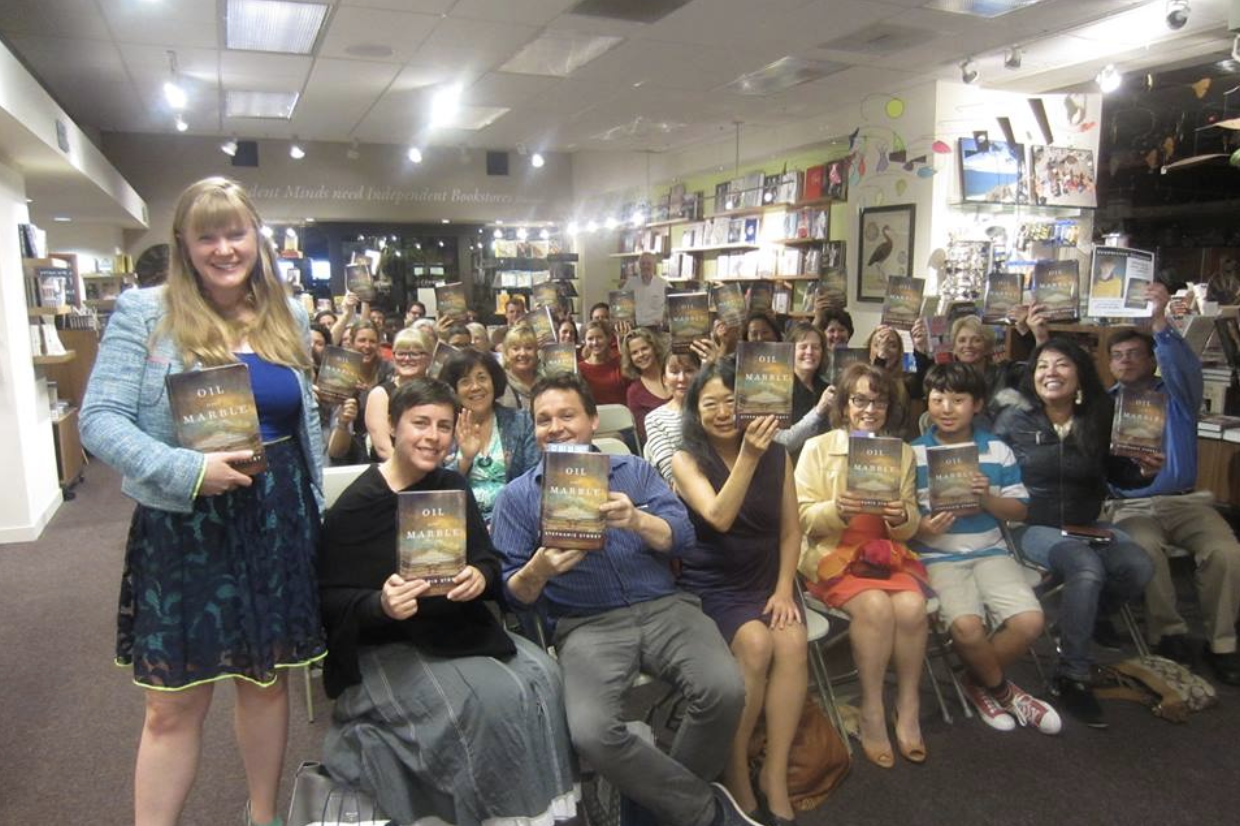



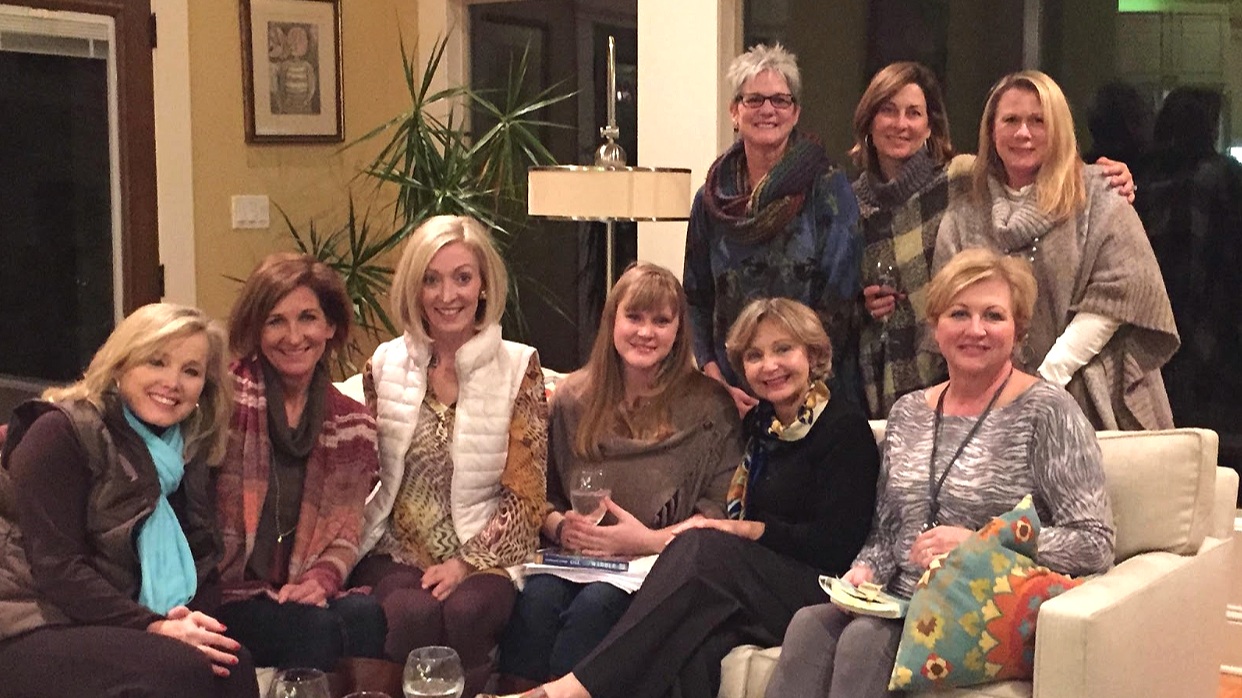
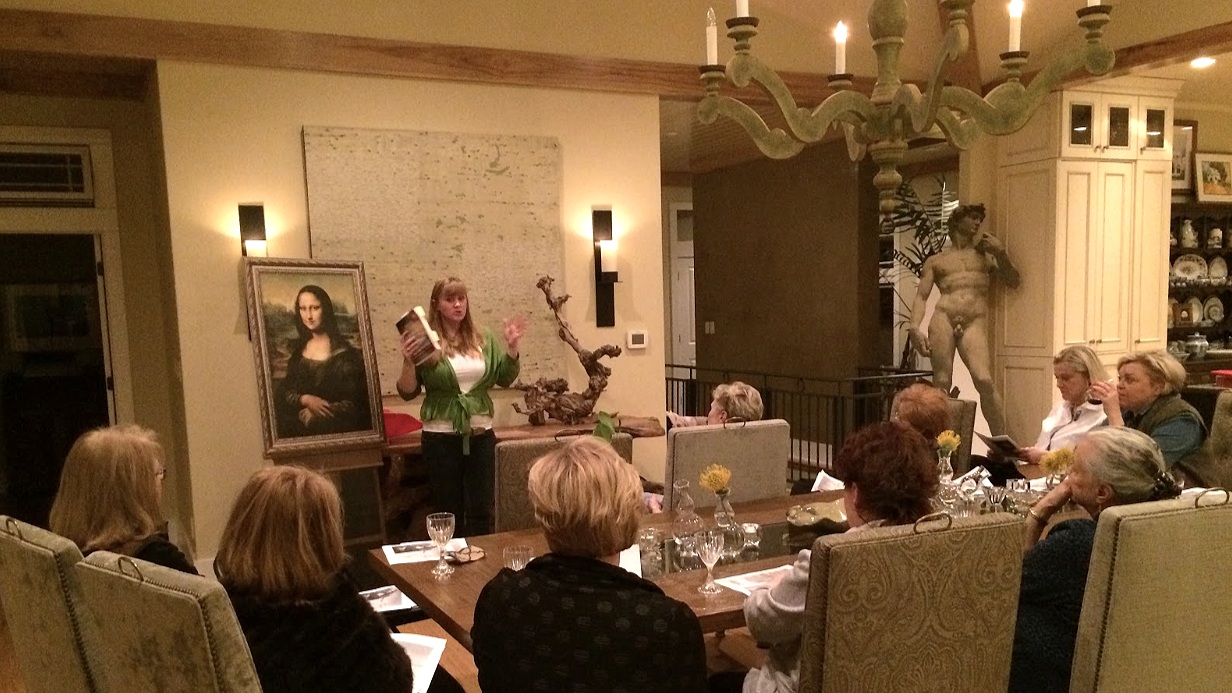
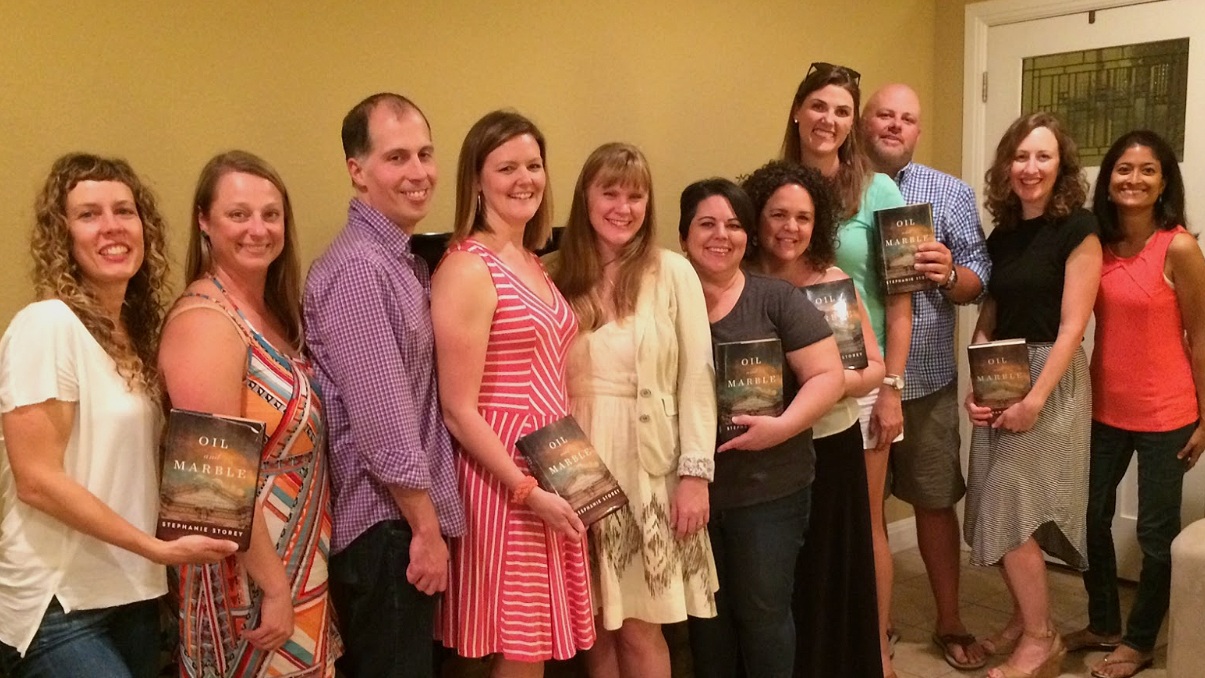
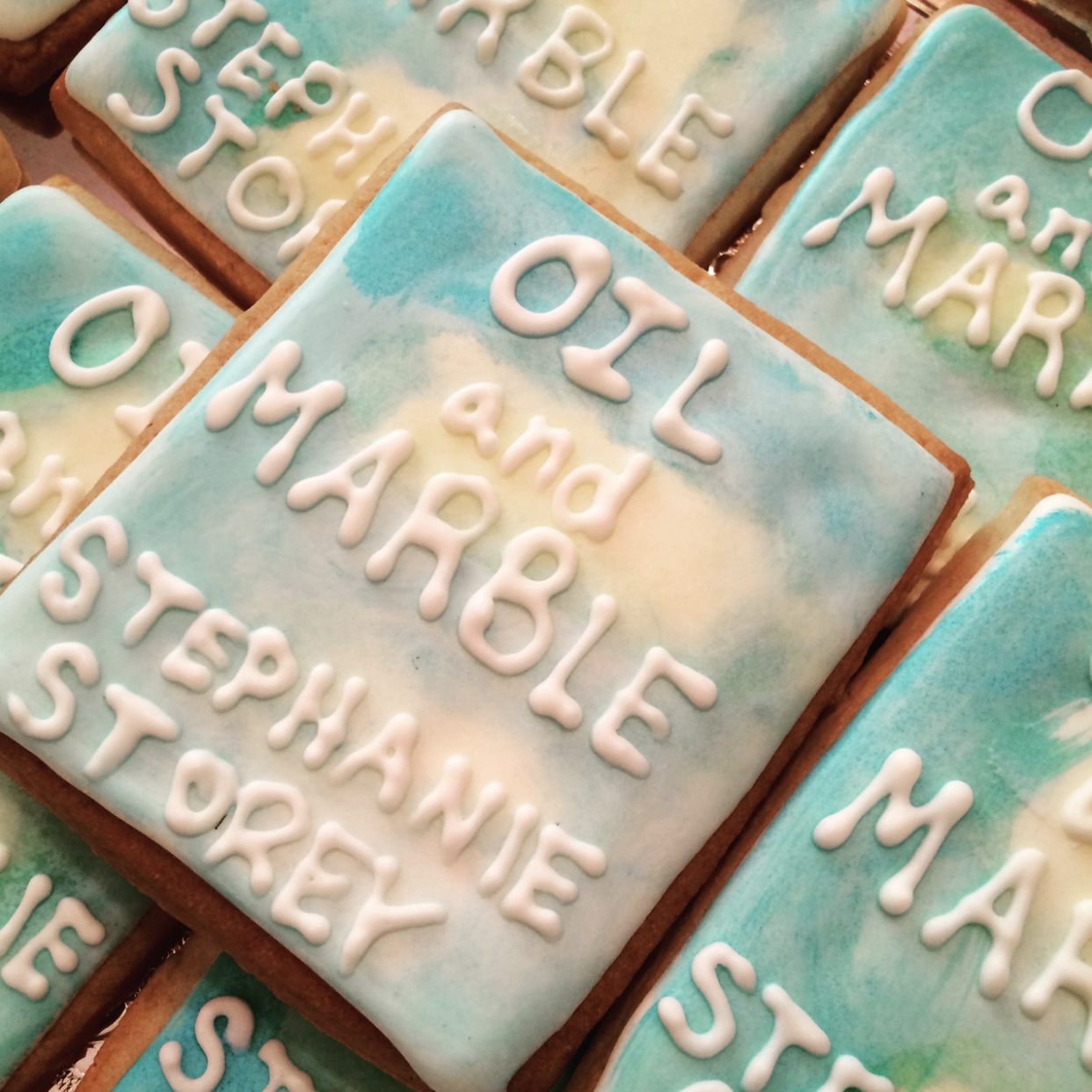
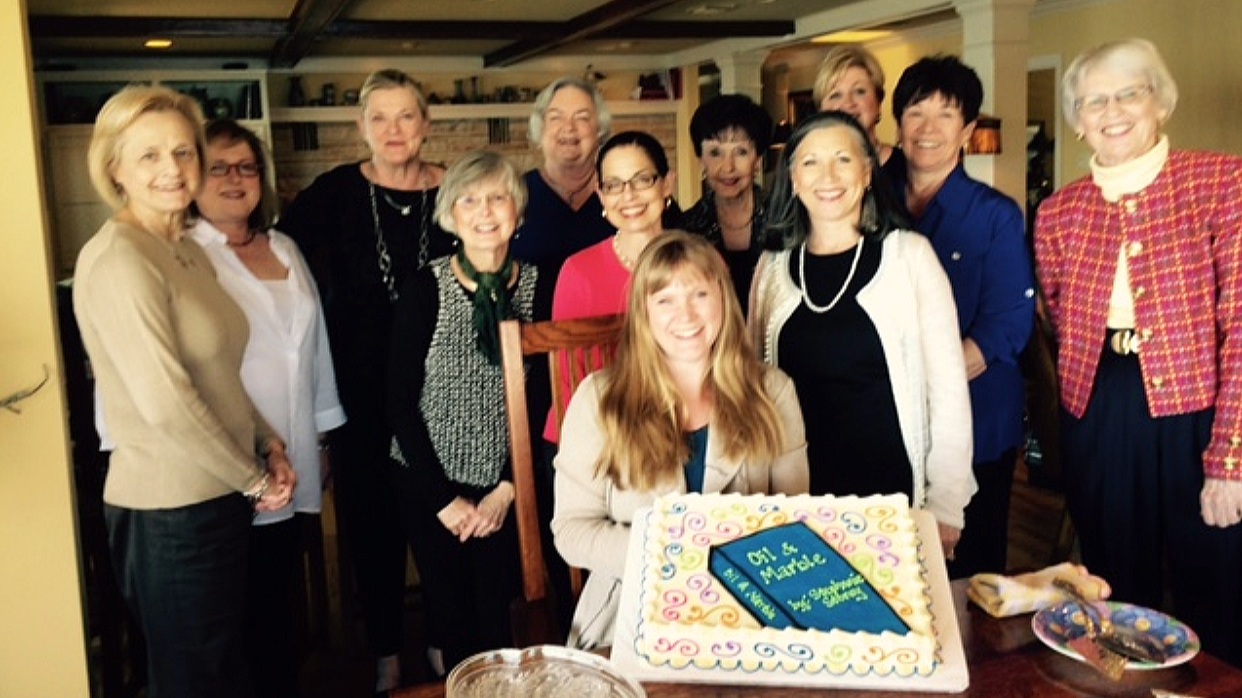
No, OCD wasn’t a “thing” during the Renaissance, but there is evidence of people suffering from obsessive behaviors. In this post, I explain my rationale for giving Raphael obsessive behaviors and the research behind the decision.